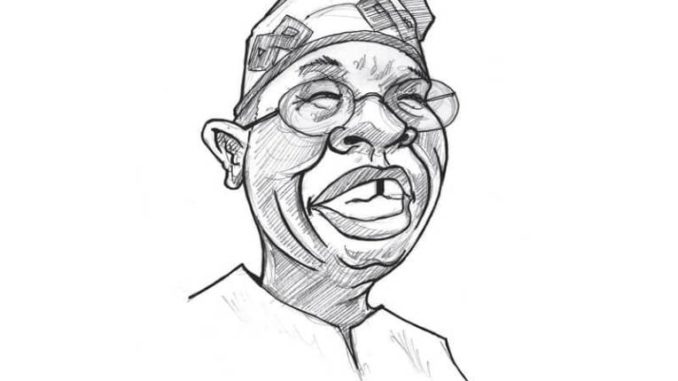
In a speech titled “A New Nigeria Or A Better One: The Fitting Tools Of A Great Repair” last Saturday, former Lagos State Governor and All Progressives Congress (APC) national leader, Asiwaju Bola Ahmed Tinubu added his voice to the clamour on how the glaring failings of the present arrangement in the country should compel a rethink. While urging separatist groups to desist from their attempts to dismember Nigeria into smaller units, Tinubu said: “It would be better to restructure things to attain the correct balance between our collective purpose on one hand and our separate grassroots realities on the other.”
The very dynamics of the current political economy, according to Tinubu, was to separate people from each other and that such mean isolation that had unwittingly crept into our culture was never part of us. In dismissing the calls for dividing country along some primordial lines, Tinubu explained that “not every split solves a problem. The political mentality, either good or bad, that defined a group before the split will remain after the divide. If one is imbued with factionalism, that perspective will remain even when the immediate problem is surmounted.”
Arguing that a nation as diverse as ours had not taken the time to give our legal marriage its proper functional underpinning, Tinubu gave a thematic overview of laying the foundation for a new Nigeria, even as he condemned the national dependence on oil revenue and the rent-seeking behaviour such revenues encourage. According to him, even at the best of times and with the highest of oil prices, the economy was characterised by imbalance and inefficiency.
Indeed, the imbalance between the roles of the federal and state governments is at the root of our current challenges and for which Tinubu advocated a “true federalism”. He said many of the 68 items in the exclusive list should be moved to residual list as obtained in the 1963 Constitution. The items include police, prisons, stamp duties, regulation of tourist traffic, registration of business names, incorporation of companies, traffic on federal truck roads passing through states, trade, commerce and census.
Warning those eager to dispense with federalism in favour of more rash and impractical remedies, Tinubu said what he sought is a better Nigeria, not so much about a new or old Nigeria. He argued further that some of the changes we need cannot solely be bought from the shop of new while calling for a re-calibration of the revenue sharing formula in order to bring more funds to the state and local governments so that they could respond to their enlarged responsibilities.
In all, we share the position of Tinubu. While, as we have consistently argued, the major problem in the system today is the absence of good governance at all levels (and not necessarily the concentration of powers at the centre), we must nonetheless acknowledge that we have a serious structural problem. We are of the strong view that most of the current 36 states are too small and too under-resourced to be economically viable, such that they depend almost entirely on allocations from the Federation Account, and the bulk of which they expend on salaries and other recurrent expenditures.
Given the foregoing, we believe that restructuring the country, as many critical stakeholders have canvassed, is the way to go. Although Tinubu has not said anything new, the fact that someone of his stature within the ruling APC would lend his weight is an indication that a consensus is gradually being built on the need to tinker with the current structure of Nigeria if we are to ensure peace and prosperity for all citizens.
END

Be the first to comment